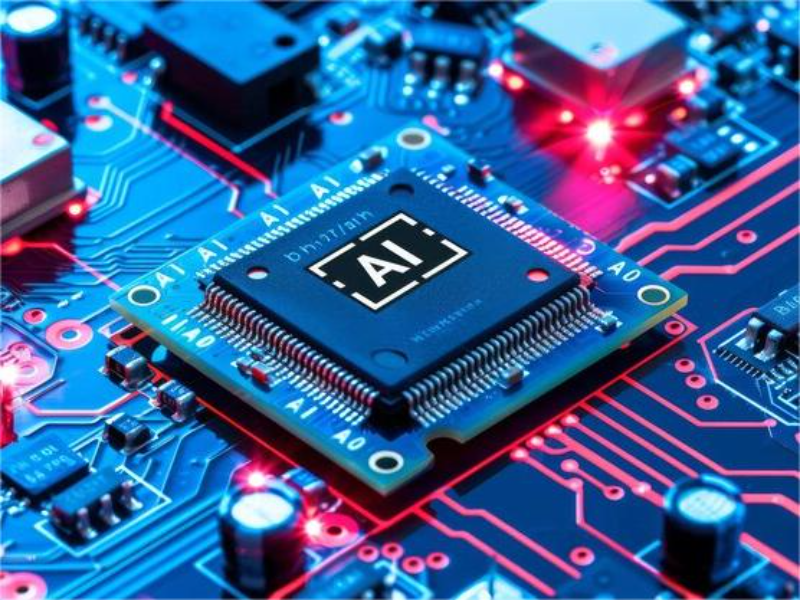- Intel targets China’s booming electric vehicle market with a new AI-powered GPU for in-car applications.
- The Arc Graphics for Automotive GPU is designed to run large language models and advanced AI features directly in vehicles.
OUR TAKE
Intel’s pivot to China’s EV market amid geopolitical tensions is a bold move. The company’s strategy to focus on in-car AI could offer a lifeline, but the risks are high given the ongoing U.S.-China tech rivalry. Competing with established players like Nvidia will also be a challenge.
-Lilith Chen, BTW reporter
What happened
IntelIntel, facing significant financial setbacks, is making a strategic move into China’s rapidly growing electric vehicle (EV) market. On August 8, 2024, the company unveiled its new Arc Graphics for Automotive GPU in Shenzhen. This GPU is specifically designed for in-car AI applications, allowing vehicles to run large language models (LLMs) and advanced AI features without relying on cloud computing. Despite a 60% drop in share value this year and plans to lay off over 17,000 employees, Intel is doubling down on China. The company views the country’s rapid EV development and advanced technological adoption as prime opportunities for its next-generation technologies. However, this decision comes amid increasing pressure from Washington to restrict high-tech exports to China, making Intel’s move particularly notable. By focusing on the Chinese market, Intel aims to leverage the burgeoning demand for sophisticated automotive technologies, despite the challenging geopolitical landscape.
Also read: SoftBank abandons AI chips partnership plan with Intel
Also read: Intel sued by shareholders over concealed foundry issues
Why it’s important
Intel’s focus on China’s electric vehicle (EV) market underscores its efforts to regain prominence in a highly competitive industry. By launching the Arc Graphics for Automotive GPU, Intel aims to address the rising demand for advanced vehicle cockpits in the world’s largest auto market. This GPU is designed to run AI applications directly within vehicles, potentially positioning Intel as a crucial partner for Chinese automakers known for their rapid development cycles and technological innovation. However, the company faces several risks. Geopolitical tensions between the U.S. and China could pose significant challenges, potentially complicating Intel’s plans. Additionally, the company must navigate intense competition from established players like Nvidia, which are already well-entrenched in the automotive chip market. Internal challenges, including major layoffs and restructuring efforts, further contribute to the uncertainty surrounding Intel’s ability to execute this ambitious strategy effectively.

